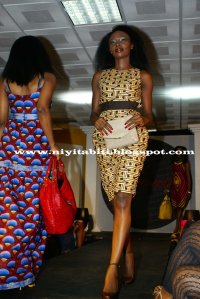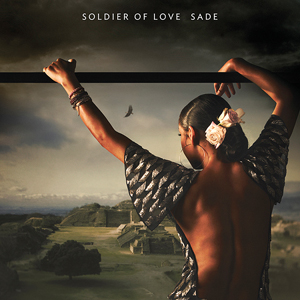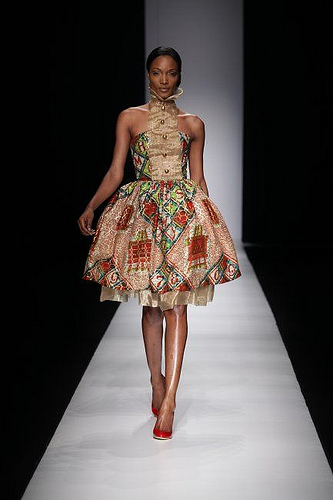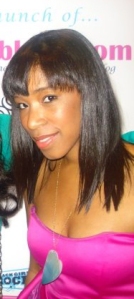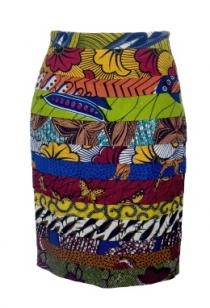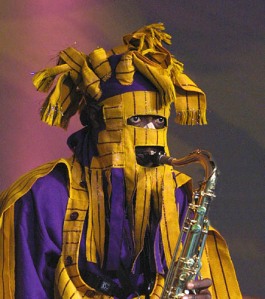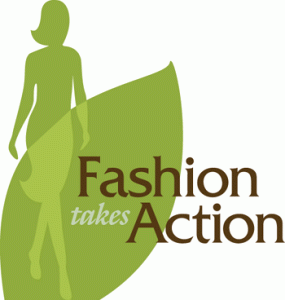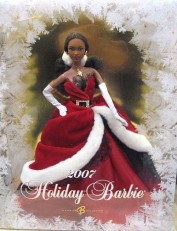 In 1947, Psychologists Kenneth B. Clark and Mamie Phipps Clark conducted a test, in which they studied how young, black children perceived themselves.
In 1947, Psychologists Kenneth B. Clark and Mamie Phipps Clark conducted a test, in which they studied how young, black children perceived themselves.
The children identified the white baby doll with attributes such as “pretty,” and “nice,” but they attributed “ugly,” and “bad” with the black doll.
This reflected feelings of inferiority and being “less than” in society.
But those of you, who lie to yourself that racism and the perpetuation of self-hatred amongst those of African descent is a thing of the past and should be forgotten, might say:
This happened in the 40s. There was so much racism back then. It’s not hard to believe why black kids would hate themselves.
Consider this disturbing fact:
In 2006, a similar test was reconducted and the results were almost the exact same.
Society in itself teaches self-hatred. Just take some minutes and observe the television commercials and shows you watch everyday.
What roles are the blacks playing? Are they typically portrayed as respectable, beautiful people?
What about commercials? “No more frizz in your hair.”
Then we see a disappointed white woman, with afro-like hair, which is similar to the natural quality of black women’s hair, shake the “frizz” off.
That hair is “ugly.” It isn’t desirable. But, then we see the same woman apply some shampoo and poof! The frizz is gone!
She then appears with “beautiful,” long straight hair.
It’s no wonder some black women feel they must relax their hair or wear hair extensions to be beautiful.
Now, I’ve worn my hair straight before, and I also wear it curly. I have no issue with straight hair. Black women can wear their hair straight or curly if they like. I don’t care about the mere act or styling the hair.
I am concerned with the conviction and motives behind it. Are black women doing this, because they view their natural hair as ugly, or are they doing it because they simply desire to?
Just a thought.
What do you see everyday in the news? “The suspect is mostly a black, tall male.” As if white people never commit crimes. But, news media covers more black criminal stories than white stories. In fact, we are inundated with them.
Now let’s examine society at it’s very core: the dictionary.
Merriam-Webster’s online dictionary defines black as:
- Dirty, soiled
- The absence of light (light is usually a good thing)
- Sinister or evil, wicked
- Angry discontent
- Indicative of condemnation
It defines white as:
- Upright fairness
- Free from moral impurity, innocent
- Favorable
- Fortunate
With all these societal tools working to diminish black beauty, it’s no surprise young black girls are harboring self-hatred.
Here’s the way I see it:
If you are going to take the time out to have babies, you have the sole right and responsibility to morally and racially educate them, especially as a black parent.
Teach them that they are beautiful, that their color is bright and that it distinguishes them.
Teach them that they are outstanding and intelligent human beings and that they are more than capable of accomplishing anything they put their minds to.
Start from the time they are babies to instill self-confidence in your children, because as we have learned, children start at a young age to absorb subliminal messages about who they are.
As a responsible parent, you must and should counteract those messages.
Picture from Collect Dolls
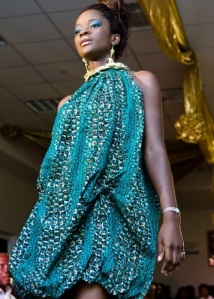 I have been asking all of you African fashionistas out there what African fashion means to you.
I have been asking all of you African fashionistas out there what African fashion means to you.